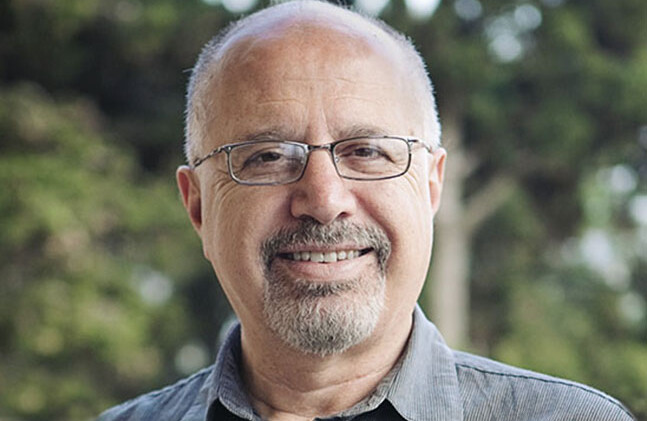Framing ethical perspectives
Multilateralism refers to a group of nations working together for a common goal. It is at the heart of international relations as nation-states form alliances with like-minded countries to take on global issues, such as climate, emerging technology, inequality, and collective security. Carnegie Council sees multilateralism as essential to generating solutions to global problems and a critical component of an ethical present and future.
Featured Multilateralism Resources
Inclusivity, AI & climate governance, and more
FEB 27, 2024 • Video
A Carnegie Council Conversation with the UK Home Secretary
MAR 28, 2024 • Video
Unlocking Cooperation: The Global South and Global North
In the inaugural panel of the "Unlocking Cooperation" series, Ramu Damodaran leads a discussion on forging a path forward for Global South/North collaboration.
OCT 18, 2023 • Video
Unlocking Cooperation: A Global Ethics Day Special Event
In this keynote event for Global Ethics Day 2023, Carnegie Council President Joel Rosenthal led a conversation on the psychology behind cooperation; ways that states, institutions, ...
Subscribe to the Carnegie Ethics Newsletter for more on ethics and international affairs
Related Initiatives
Model International Mobility Convention
The primary goal of the Model International Mobility Convention (MIMC) is to formulate new rules for migration and asylum that can benefit both migrants and refugees as well as their states of origin, transit, and destination.
Carnegie Ethics Accelerator
The Carnegie Ethics Accelerator is a new kind of incubator designed to empower ethics in the face of swiftly evolving challenges in technology and public policies.
Explore Our Multilateralism Resources

JUN 10, 2013 • Podcast
The World Through Arab Eyes: Arab Public Opinion and the Reshaping of the Middle East
While domestic injustices and the information revolution were key factors, Dr. Telhami argues it's impossible to understand the Arab uprisings without also referring to foreign ...

JUN 6, 2013 • Podcast
Foreign Policy Begins at Home: The Case for Putting America's House in Order
We have been guilty of overreaching abroad and underachieving at home, says Richard Haass, and these sins are really two sides of the national security ...

JUN 5, 2013 • Article
Mindsets May Hinder Progress in Myanmar
Great excitement surrounds the World Economic Forum meeting in Myanmar this week, an indication of the country's new openness. But while the media has highlighted ...
MAY 31, 2013 • Podcast
Legal Reflections on the Past, Present, and Future of National Security
"In the post-9/11 world, the job of being the senior legal authority for the Department of Defense is the perfect storm collision of law, national ...

MAY 29, 2013 • Podcast
Carnegie New Leaders: A Discussion with Independent Diplomat's Carne Ross
It's not always easy to do the right thing. "Had I had children, had I been 10 years older, I wouldn't have done it." In a ...

MAY 24, 2013 • Article
The U.S., China, and Cybersecurity: The Ethical Underpinnings of a Controversial Geopolitical Issue
Though commonly conceptualized as a strategic geopolitical issue, cybersecurity's underpinnings are comprised by a series of fundamental ethical considerations. Addressing these will provide a better ...

APR 17, 2013 • Podcast
The New American Militarism: How Americans Are Seduced by War (2013)
Andrew Bacevich argues that militarism now permeates U.S. society. These attitudes emerged in the decades after the Vietnam War, and are at odds both ...

APR 10, 2013 • Podcast
Investing in an Independent Scotland
In an eloquent speech, First Minister Salmond, leader of the government in Scotland, makes the case for an independent Scotland. In addition to compelling economic ...

APR 3, 2013 • Article
Ethics on Film: Discussion of "Argo"
"Argo," which tells the story of a creative and daring escape from revolution-era Iran, won the Oscar for Best Picture and was a resounding commercial ...
MAR 15, 2013 • Podcast
Public Affairs: Everybody Matters: My Life Giving Voice
In this inspiring talk about her extraordinary life so far, Mary Robinson tells us of her early years and how she became president of Ireland, ...




